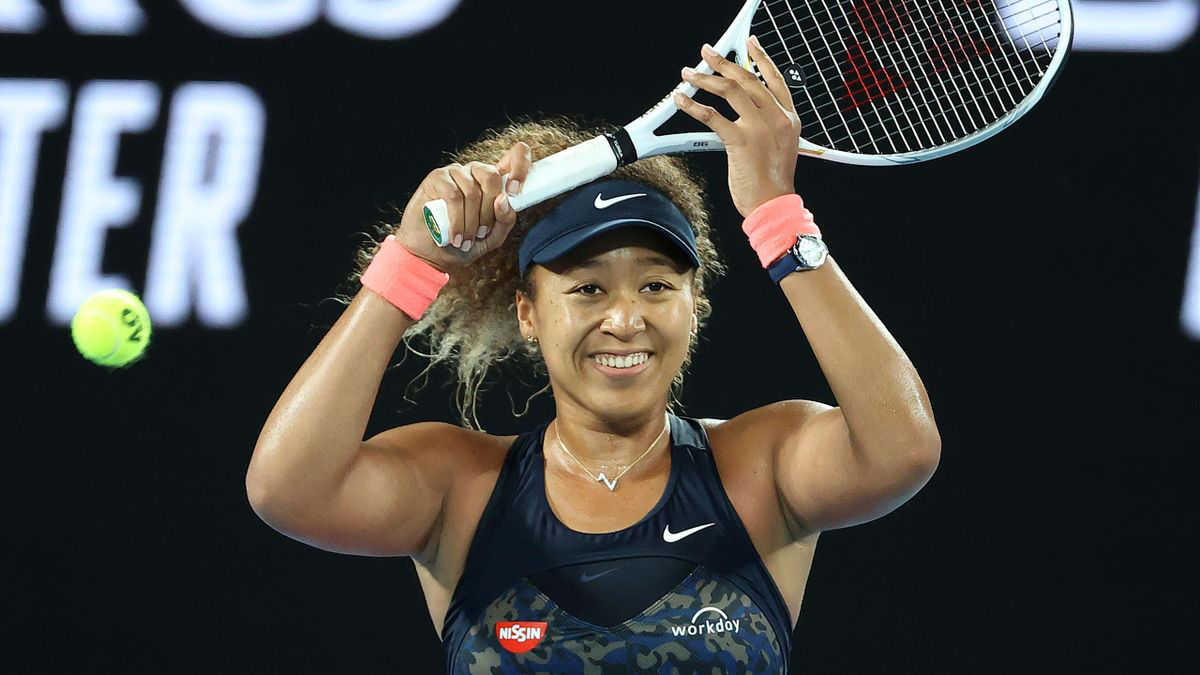Having open conversations about mental health has been considered a stigma for quite awhile, and even now, there is still hesitancy associated with the topic. As time has progressed, professional athletes are becoming a key factor in easing the stigma.
From depression to anxiety, athletes are opening up about their own personal battles. As they become more vocal, it is trickling down to communities that once thought it was taboo to seek help or admit that they may be dealing with mental health struggles.
Tennessee Titans quarterback Ryan Tannehill is one of the latest athletes to publicly share his mental health story. After throwing three interceptions in the divisional round of the NFL playoffs, Tannehill was the center of criticism both nationally and locally in Nashville. While everyone was having a field day, the loss continued to impact him during the offseason.
“There were a lot of sleepless nights. Every time I closed my eyes, I was re-watching the game in my head. Didn’t get a whole lot of sleep for weeks and weeks after the game. Was in a dark place,” Tannehill said. “It took me a while and a lot of work to get out of it. It wasn’t something that went away easily. It’s a scar I’ll carry with me throughout the rest of my life, you know?”
He went on to say that he was able to work through it with time, therapy, and communication, sharing that this was the first time he needed therapy to get out of a low place.
It won’t be exactly clear to the naked eye if Tannehill has truly bounced back but at least for now he is starting to see the situation in a positive light.
“Just like a cut on your arm, it starts off as a wound. You’re able to heal from it and it turns into a scar. It never leaves you, but it’s always there and it can remind you,” Tannehill continued. “Now, it’s fuel for me. Fuel for me to work and get ready with a passion. Come into this season with a fire and a desire to win like I’ve never had before.”
Another famous athlete that has embraced using their platform to speak out on mental health is tennis sensation Naomi Osaka. She began finding her voice in 2021 when it was healthier for her to pull out of the French Open rather than attend the required press conferences.
Osaka revealed on social media that the decision was related to depression.
“At the time that it happened, I was really sad,” Osaka told CBS This Morning. “And honestly, I was a bit embarrassed, ’cause I’ve never received, like, media attention like that before. And I didn’t really know how to cope with it.”
“I don’t know, I was kind of hiding inside my house for, like, two weeks. But when I came out to, like, go to the grocery store or something, there was a woman that came up to me. And she was saying how her son deals with anxiety and stuff and I really helped him out a lot.”
“And I think that was a moment that I realized, like, ‘Oh … I might have actually, like, helped someone.;’ And even though I was a bit scared, I was happy with the choice that I made,” she concluded.
Osaka also mentioned that it took her some time to realize that athletes are allowed to have feelings due to the public perception that athletes should just “shut up and play.” However, more and more athletes are finding their voice regardless.
In addition to Tannehill and Osaka, several other athletes have found the strength to discuss their mental health struggles in recent years. Specifically, Dak Prescott (NFL), Paul George (NBA), Liz Cambage (WNBA), DJ Chark (NFL), Michael Phelps (Olympic swimmer), Simone Biles (Olympic gymnast), Kevin Love (NBA), and DeMar DeRozen (NBA) to name a few.
The more athletes speak out about mental health, it is a reminder that athletes are human too even though they are looked at as superhuman. Similar to what Osaka found out, their voices are actually helping countless others who are scared to share their struggles because they fear society will see it as a weakness.
But when the athletes they look up to show their human side, it reduces the stigma around the topic and encourages others to do the same. This is the definition of using your platform in a powerful way to change the game.

